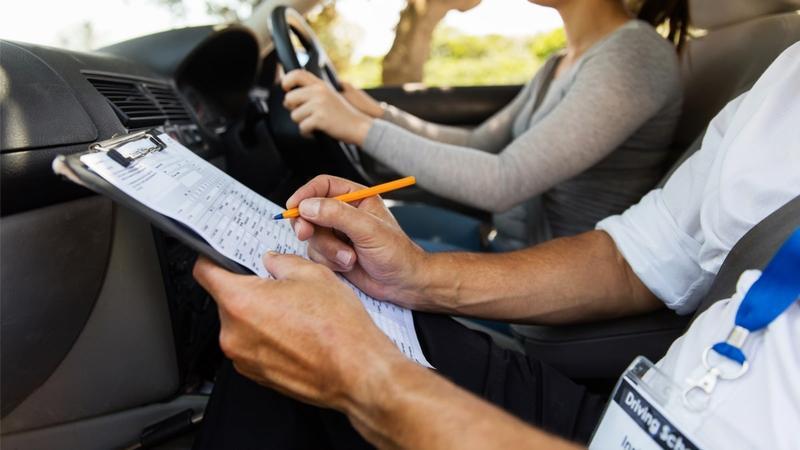When you took your driving test, you studied hard, and were confident you knew the answers to any question the examiner could steer in your direction. But now it may have been many years since you passed that test, and some of the rules may have faded in your memory like the dog eared pages of your driver's handbook. So if you had to take your driver's test today, would you pass? How well do you know the new rules of the road... Or remember the old ones?
Over the years, new driving legislation has been introduced to meet the changing times and safety concerns. As a driver, it is your responsibility to know the rules, for your own safety and the safety of others.
Ban on handheld devices
The introduction of any new driving law is usually big news in the media. One example is the highly publicized ban on using handheld devices while driving that was introduced in Ontario October 26, 2009, with fines starting February 1, 2010. The fine in Ontario is $155, but can be up to $500. Most Canadian provinces have banned the use of cell phones and other handheld devices while driving, including British Columbia, Saskatchewan, Manitoba, Quebec, Nova Scotia and Newfoundland. In Alberta, similar legislation is currently being considered by the provincial government.
Street racing
Some rules may not have changed, but the penalties have become steeper. An example of this is the street racing law in Ontario. It has always been illegal to speed, with fines and demerit points being given to motorists driving 15 km/h or more over the posted speed limit. But now penalties have increased for those who are caught driving 50 km/h or more over the speed limit to $10,000 and allow the police to immediately suspend the driver's licence and impound the vehicle for seven days.
Emergency vehicles
Drivers are required to pull over and stop for an approaching emergency vehicle with its lights flashing, or they could face a fine of $110 upon conviction. More recent legislation introduced in Ontario requires drivers to move over — if it is safe to make a lane change — for emergency vehicles stopped at the side of the road. Failing to do so could result in a fine of up to $2,000 plus three demerit points. Subsequent offences can mean a fine of up to $4,000, six months in prison and a two-year driver's licence suspension.
Yield to transit vehicles
In order to improve transit service reliability, especially during rush hours, a law was introduced in Ontario January 2, 2004 that requires drivers to yield the right of way to buses leaving bus bays to merge with the traffic. The penalty for drivers who fail to yield to public transit vehicles is $90.
It pays to be aware of the new rules because if you break the law, you may be required to pay a fine, plus you could receive demerit points and a conviction on your driving record-which could lead to higher insurance rates. Know the rules of the road, maintain your A+ driving record, and keep your insurance rates to a minimum.
Want to test your driving knowledge? Take the InsuranceHotline.com Driving 101 Test
